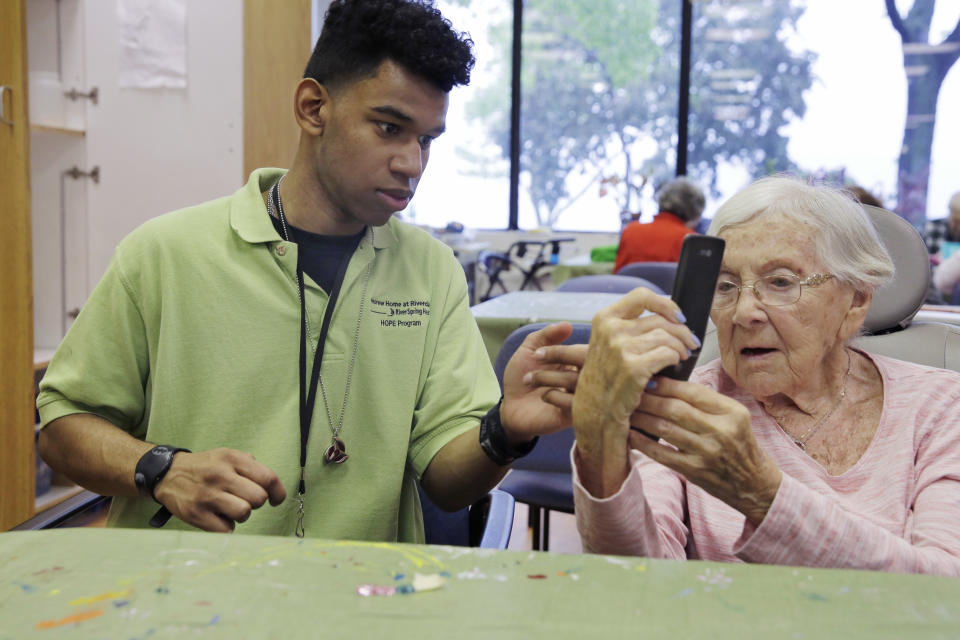Americans are retiring at an increasing pace

The number of Americans retiring daily has nearly doubled since the year 2000. Currently, roughly 10,000 people turn 65 each day, the standard age for retirement, according to a Deutsche Bank note published Tuesday.
And according to Census forecasts, that number is set to rise. It will reach nearly 12,000 people within the next 10 years. By 2030, according to the Census Bureau, all baby boomers will be older than 65.

The growth in retiring baby boomers will have a lot of knock-on effects, from health care to Social Security. (The Social Security Administration estimates its funds will be depleted by 2034.) It also means that fewer working-age people paying into Social Security and Medicare programs that support retirees; the Census estimates that by 2035, people age 65 and over will outnumber people under age 18.
Relying on Social Security
Arielle O’Shea, NerdWallet’s investing and retirement specialist, says that Social Security should still factor into retirement plans.
“That’s a widespread fear but it’s not one people need to have,” O’Shea said. “People are still paying into it. People can still expect to get Social Security. The income replacement might be lower than it was for your parents, but you shouldn’t count it out.”
“You want to factor it into your retirement planning,” she says.
Retiring baby boomers are expected to cause the cost of health care to rise. According to the National Institutes of Health, overall Medicare spending is projected to double by 2030.
This year, Fidelity Investments estimated that on average, a couple will need some $280,000 for medical expenses in retirement. With health care one of the largest expenses in retirement, O’Shea says that it needs to factor in retirement planning.
“Health care is one of the biggest expenses,” O’Shea says. “So you need to anticipate that cost and anticipate how your health care coverage will change. All of those things should be factored into your planning. A lot of your expenses in retirement are going to change, so you need to look at your expenses and determine if it will go up or down, or if there will be new expenses in retirement.”
So how should baby boomers approach retirement?
Simply, “strategize,” O’Shea says. “A lot of people approach retirement with no plan at all. The amount of people who calculate how much they need is incredibly low.”
Northwestern Mutual’s 2018 Planning & Progress Study found that 1 in 3 Americans have less than $5,000 in retirement savings. And 21% had no retirement savings at all.
“Once you’re over 50, you have an opportunity to contribute more to tax-advantaged account,” O’Shea said. “So you should be putting in more.”
In addition to making a plan for retirement, it’s important to figure out how your savings will be spent.
“There is a lot of coverage on how to save for retirement, but not a lot on how to spend the savings when you retire,” O’Shea explained. “It’s well worth getting plan in place on how much you can withdraw each year.”
Kristin Myers is a reporter at Yahoo Finance. Follow her on Twitter.
Read more:
• Kitchen table issues could help democrats in 2020
• What’s next for America’s lucrative relationship with Saudi Arabia?

